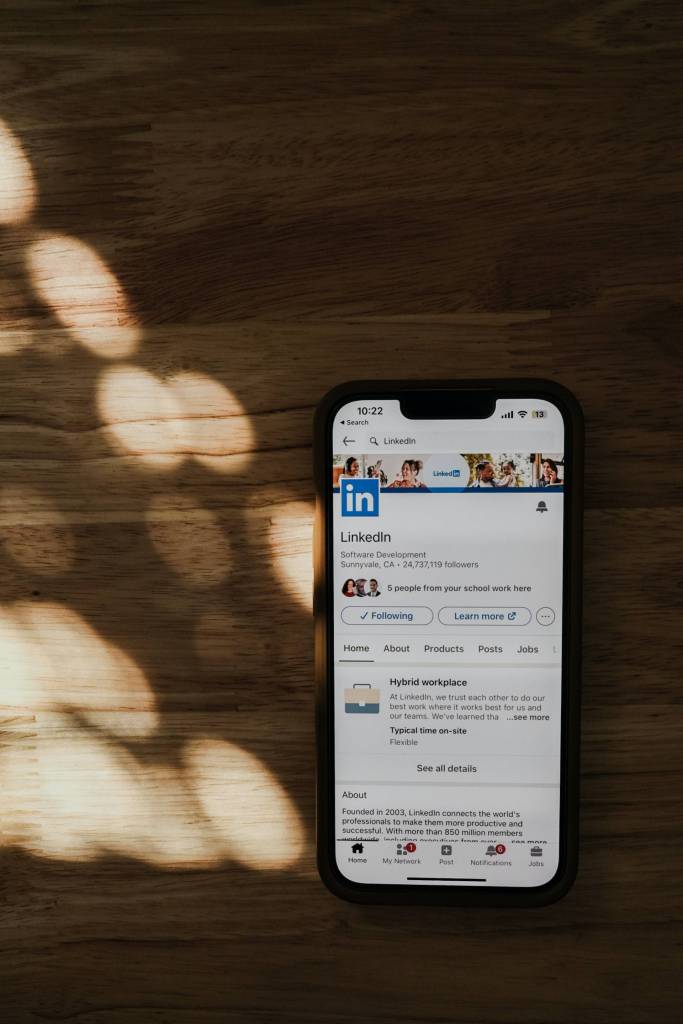Of course, you can work overtime and weekends. The real question is: WILL you work overtime and weekends, WITHOUT being resentful? Will you work those nights and weekends with the same energy, diligence and good attitude that you are promising you’ll bring to the job every day?
Wow, you might think. They haven’t even hired me for this job and its regular hours. Now, they want to own my nights and weekends, too?
Actually, whether you do or don’t work overtime, many jobs depend on your so-called personal time to contribute to your productivity. When I was first hired at a mega ad agency, the CEO told me the company had a no-freelancing policy.
“Everything you think –whether it’s while you’re driving, showering, or taking a walk: all that is ours. We are paying you for your ingenuity and your creativity. Most of that activity can’t go on during the day, because you are working. Your best thoughts are going to come after hours, and we own those,” he concluded.
Ask any successful person enjoying a stratospheric career, or any entrepreneur and business owner. Their best ideas come when they are bathing their dogs, baking brownies and doing the assorted chores of life. Or they visit a museum, shop in a well-curated store or sightsee a new place. These are springboards for their relaxed brain to imagine and problem solve, whether it’s ways to be more productive or ways to develop new products.
Who does own your time? And, how can you define what you will and won’t do after regular hours?
Recently one of my coaching clients who is job hunting called me with his problem about working overtime and weekends. Lynden said, “I observe the Sabbath from sundown Friday night to sundown on Saturday. How do I explain in a job interview that I can’t work overtime and weekends during this time?”
I recalled famous Los Angeles Dodgers pitcher Sandy Koufax. Koufax refused to pitch in the first game of the 1965 World Series because as Jew, that would have caused him to violate the religious practice of abstaining from work on the high holy day of Yom Kippur. Koufax went on to win the last two games of the series, including the championship-winning seventh game, pitching 2-0.
Not only did the Dodgers accommodate him and keep him on the team for as many years as he cared to play, they re-hired him this year as a special advisor.
Of course, my client Lynden had a more routine problem, since his Sabbath occurred each week. When asked if he could work overtime and weekends, I recommended Lynden reply:
“Yes. On weekends I am able to work starting on Saturday, in the early evening. During weekdays, I can almost always work overtime, except on Tuesdays in Spring, when I coach my son’s soccer team.”
You might be taking a class, have a regular yoga session, attend a book club or have other time you need to protect. You may even set aside certain hours to simply relax. In those cases, you may say,
“Yes, I can work overtime and weekends. I am able to work (fill in the specifics).”
This is a three-step communication. First, you say “yes.” Second, you define the terms by telling them what you can do. Third, you outline the exceptions.












